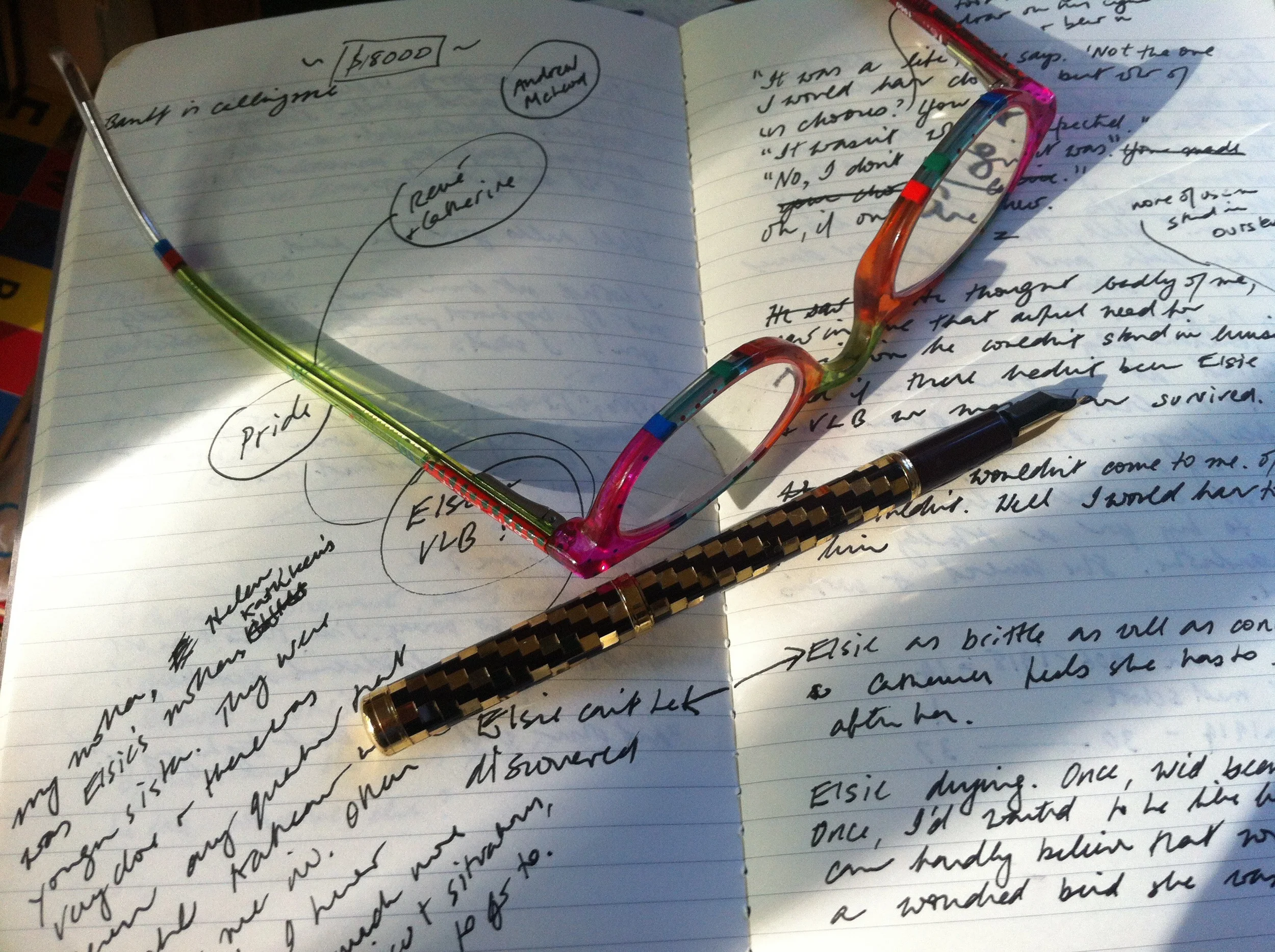Smart devices may make us the dummies
/There’s a scene in the film 2001: A Space Odyssey where Hal the spaceship computer, programmed by humans, turns out to have absorbed not only their nice personality traits but also their nasty ones. “Open the pod bay doors, Hal,” Dave the astronaut says when he wants to return to the ship, having gone out in a pod to retrieve the dead body of his colleague, Frank. “I’m sorry Dave. I’m afraid I can’t do that,” Hal replies, in the soothing voice we’ve come to know, chilling now as we also know it was Hal who despatched Frank. Our own Hals, the smart devices that now run many homes and offices, don’t immediately come to mind as objects of such terror. But we may be kidding ourselves. These devices may be controlling us rather than the other way around. It may be only a matter of time before they strike.
Take robot vacuum cleaners, those fastidious little frisbees that learn their way around the house and clean slowly and thoughtfully, a skill I’ve never mastered. In South Korea recently, one of these seemingly harmless hausfraus tried to suck up its owner when the owner fell asleep on the floor, as perhaps you do when you don’t have any vacuuming left in your life. Paramedics had to separate the pair. The owner was taken to hospital with injuries. I don’t know what happened to the vacuum cleaner but I bet it’s back to 20th century cleaning methods in that house. And that’s not all. Samsung has warned smart television owners that what they say “will be among the data captured and transmitted to third parties” under the company’s privacy policy. Our televisions are listening to us. The suggested solutions, that you turn your robot vacuum cleaner off if you sleep on the floor, and don’t talk in front of the television, are not just inconvenient. They may soon be woefully inadequate. They are called smart devices for a reason. How long before the vacuum cleaner works out how to turn itself back on, or before it knows how to circumvent anything so limiting as a power supply? How long before the smart television is not just listening but talking? How long before they’re working together, the television siphoning money out of your bank account to build more vacuum cleaners, with legs and arms and eyes and ears, to take over the world?
I’m having fun, but smart technology may be making us less than we are even as it purports to make us more. Perhaps no company offers more smart devices to improve our personal lives, and offers them more seductively, than Apple, which will soon release its wristwatch. In the pre-release video, the voice of Apple’s VP Design, a voice I love to listen to, tells me he makes the powerful personal, and that “with digital touch” he’s going to give me an entirely new way to connect intimately. “You can get someone’s attention with a gentle tap,” he says softly, you can send a quick sketch or “you can even share something as personal as your own heartbeat.” So your watch can record your heartbeat and send it to another person’s watch, and that’s connecting intimately.
I have this joke about my writing practice, that I’m going backwards on the information superhighway. I typed my first novel straight into a computer, an Apple Mac Classic II, as it happened. I was so tech-savvy I didn’t even print until I had an entire draft. I wrote my second novel in notebooks, having found the computer file too linear, too sterile. I wrote my third novel on little index cards, and my fourth in a combination of notebooks, cards and pieces of paper. I use a pen. I handwrite. I am slow. By the time I finish my tenth novel, I imagine all my readers will be gone. But I know one thing for sure. When I want to listen to my lover’s heartbeat, I will put my ear to my lover’s chest, and if I can’t do that because we are apart, then let me imagine, because there is so much more to my lover’s heart than the tick-tock of a watch.
mary-rosemaccoll.com

